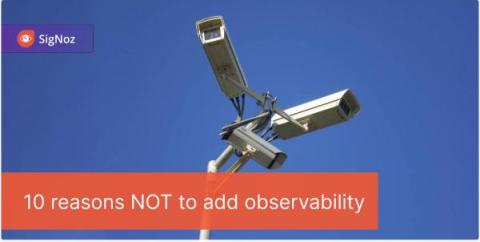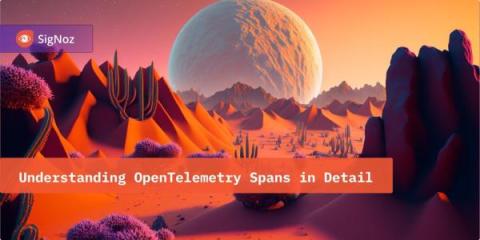Launch of SigNoz Cloud, Improvements in Logs tab, and Metrics Query Builder - SigNal 29
Welcome to the 29th edition of our monthly product newsletter - SigNal 29! We are excited to share important updates from Team SigNoz. We are pleased to announce the public launch of SigNoz cloud. We’ve also raised funding of $6.5M to fuel the next phase of building and growth. We also shipped many improvements to the product. Let’s dive in to see what humans at SigNoz were up to in the month of September 2023.











